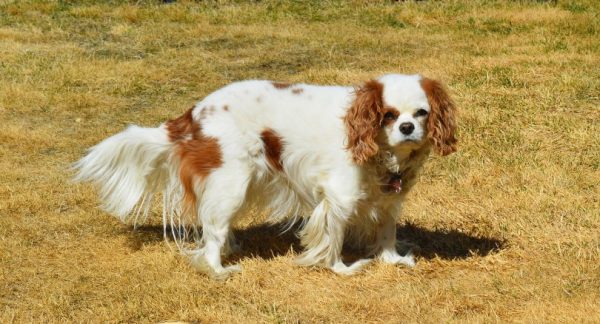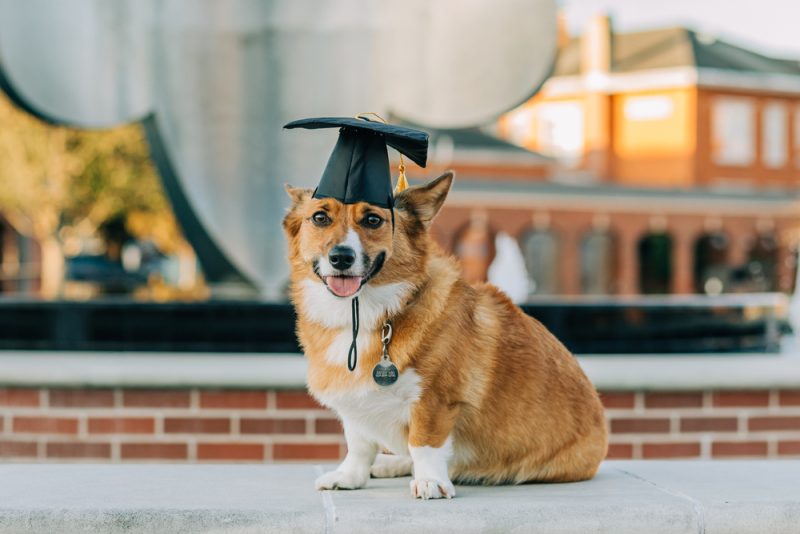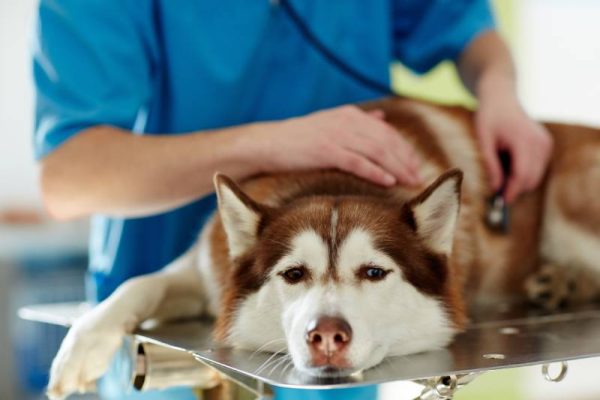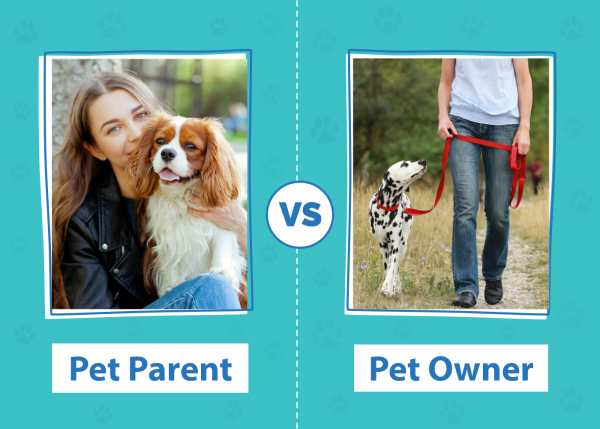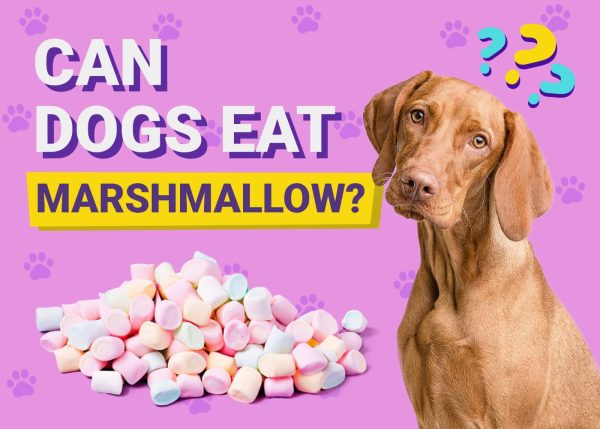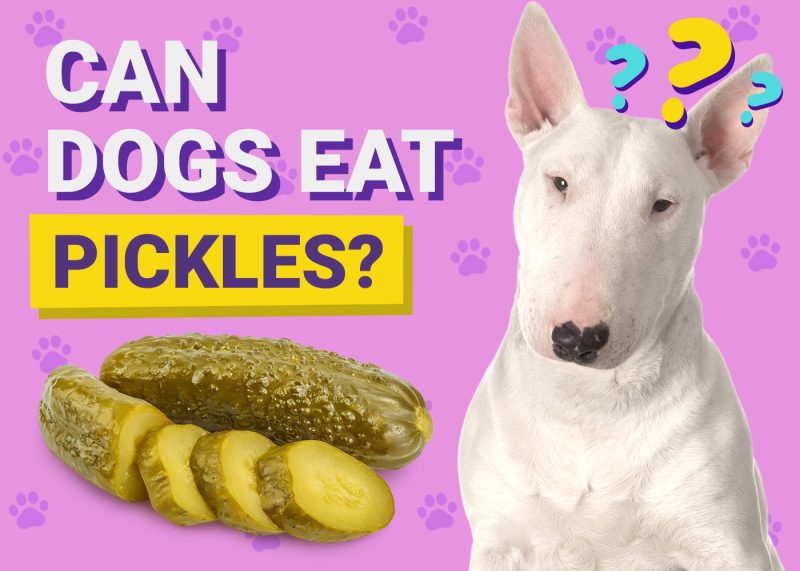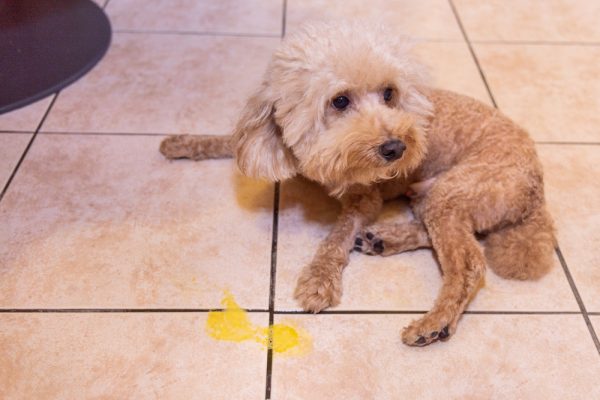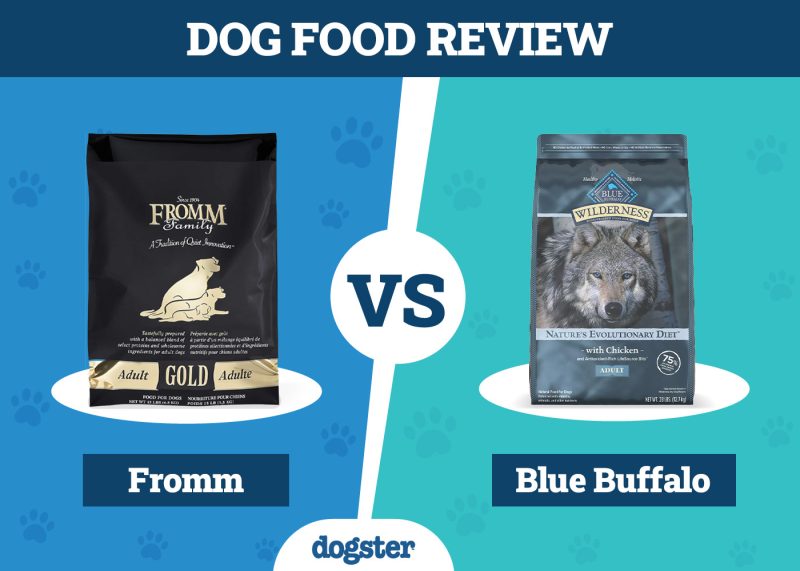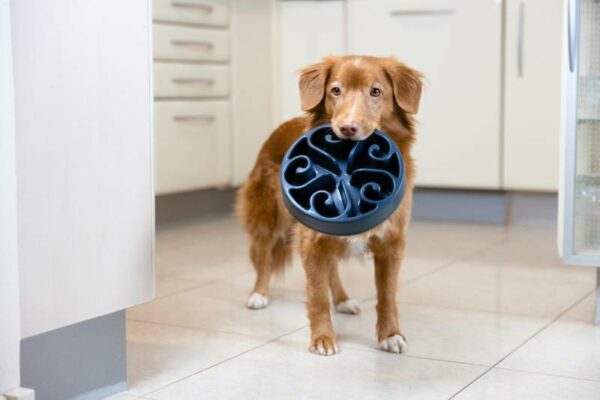Hi, I’m Dr. Karyn! Read my introduction to learn more about me and my five funny dogs, Poppy, Bailey, Kodah, Ned, and Fred.
What I love about my work here at Dogster, apart from being able to share all the fun and foibles of my household of dogs and cats, is being able to share my knowledge and experience about pet health and behavior. Part of that process is researching different topics and subjects that I haven’t experienced myself, and one such example happened a few weeks ago when I was looking into the subject of cloning pets. Until recently, I didn’t realize just how far this area has progressed since Dolly the sheep became the first successfully cloned mammal back in 1996,1 and that pet cloning wasn’t just a distant possibility, but rather a reality that people are already experiencing for themselves.
2005 saw the birth of the world’s first cloned dog, an Afghan Hound called Snuppy. In order to achieve this miracle, 123 surrogate females were implanted with embryos, of which just three became pregnant.2 Of those three, only two carried to term, and one of those passed away at three weeks due to respiratory problems. This left one successful clone, Snuppy, who went on to live for 11 years. The cloning process has been finetuned over the years, with far more success and far fewer embryos needed, but there is still a distinct lack of information available about what goes on behind the scenes.
The Dark Side of Cloning

One of the biggest questions raised for me when looking around the websites currently offering this procedure is that any and all information about the surrogate mother starts and ends with phrases such as “The embryo is then transferred to a surrogate mother dog, where it gestates and grows naturally.” Or in the case of one poorly worded site, gestating and “calving.” I don’t know about you, but this did nothing to boost my confidence in the process!
In the comparable but also very different process of kidney transplants in cats, the donor cat is from a colony of rescue cats that need rehoming, and a condition of the surgery is that you provide a home for that cat, regardless of the outcome of your cat’s surgery. I do not believe this is the case with cloning surrogates, however, with ‘mothers’ used multiple times for egg donation and embryo gestation. For me, this raises big questions about the ethical cost of cloning pets, and that’s before we even talk about the actual costs.

Cloning Does Not Come Cheap
One thing that struck me about the websites for pet cloning is that they tempt you with a very affordable-sounding initial price point. For less than $2000, you can have genetic material taken from your pet (including one that is recently deceased), and have that material stored in a cryopreservation facility. That gives you time to save up the remaining $50,000 it will cost you to actually proceed with the cloning. For some people, this is a small price to pay for the chance to have more time with their beloved pet, but for most, this is fantasy money. And what does that money really buy you?
We know that only part of a dog’s temperament and behavior are determined by their genetics, and the rest is through individual life experiences, so even if your $50K pup is the spitting image of your former pet, they may not necessarily live up to your expectations. Whenever we bring a new pet into our home after grieving the loss of another, we inevitably make comparisons to the one we have lost; it’s natural. Imagine how much worse that process would be if you are literally making comparisons to the ‘same’ dog. That’s a lot of pressure to put on a dog, and a big (and expensive) disappointment if they don’t live up to your expectations. After all, if we were to clone a human (which remains illegal, fortunately), would we expect them to behave exactly as their predecessor did?
Of course, prospective owners of cloned pets may be realistic about this, and are perhaps just happy to have a dog that is the genetic twin of their favorite pooch. I can’t say that I haven’t been tempted by the idea of cloning some of my pets, and had I been aware of the possibility a few years ago when I lost my beloved Chihuahua, Tate, in my grief, I might have come up with the initial fee to have his genetic material stored. However, I don’t think I would (or financially could!) have gone through with the next phase. Which makes me wonder how many other doting pet parents sink a couple of thousand bucks to have that material stored and eventually discarded.
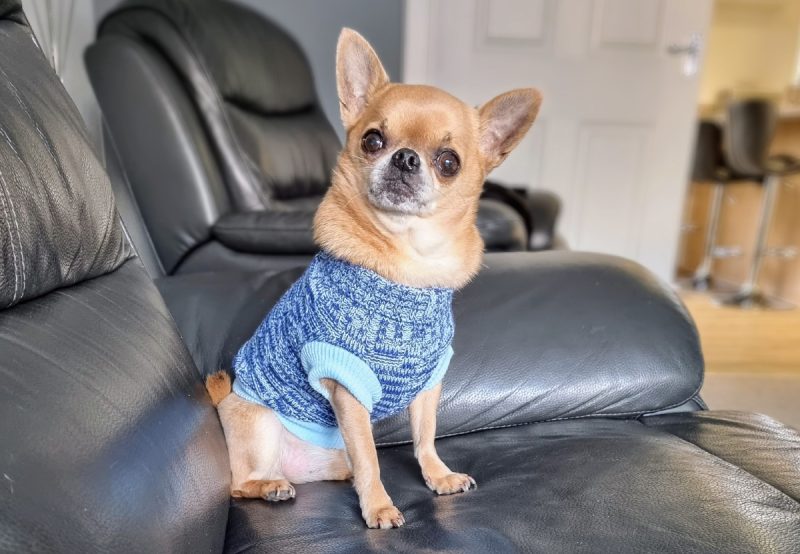
To clone or not to clone?
For me, the financial and ethical cost is too great to justify such an uncertain outcome. And if I had cloned Tate, I wouldn’t have gotten to experience the comparable but very different personalities of my Chihuahuas, Ned and Fred. By sticking to the familiar, we rob ourselves of new experiences, and what’s life without a bit of variety?


- Read her previous article: The Tiny Dog Couch: One Size Fits All…Apparently!
- Read her next article: Strange Dog Hobbies: Why Is Fred Always Licking the Bed?






